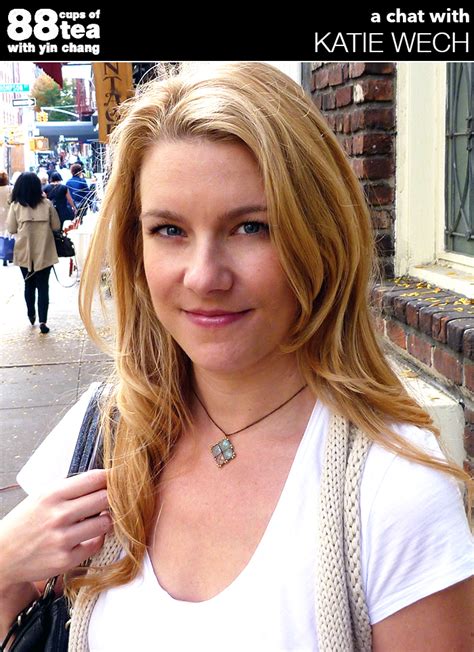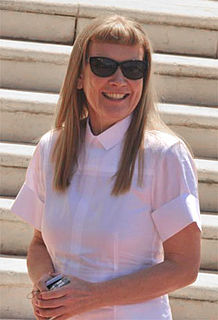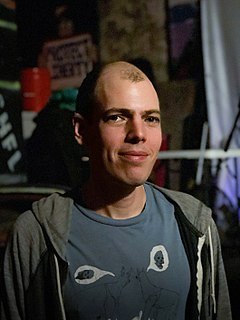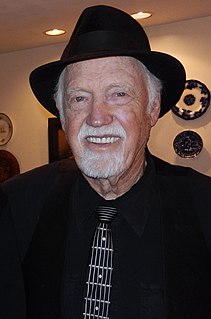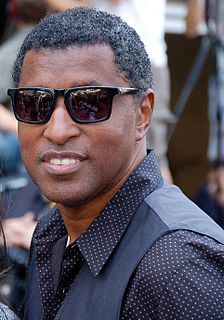A Quote by Phoebe Gloeckner
It always seems to people that I'm avoiding saying, 'It's autobiographical,' but I really do believe that human beings make stories and they make themselves. If I told you the same story twelve years ago, I could have emphasized something different. The importance changes, the meaning of things shifts over time. Also, I think all art is autobiographical. Every endeavor is full of impressions of ourselves.
Quote Topics
Also
Always
Art
Art Is
Autobiographical
Avoiding
Beings
Believe
Changes
Could
Different
Endeavor
Every
Full
Human
Human Being
Human Beings
Importance
Impressions
Make
Meaning
Meaning Of
Ourselves
Over
People
Really
Same
Same Story
Saying
Seems
Shifts
Something
Stories
Story
Themselves
Things
Think
Time
Twelve
Years
Years Ago
Related Quotes
Like most filmmakers and writers, there are roots in my own life, but they are stories that I invent. There was a period of time in my life when I made directly autobiographical films where I truly told what happened to me. But, now, I don't make directly autobiographical films anymore. I am more for renouncing that and being in front of history. The large part of my work tells about something I know. It's close.
I don't eschew autobiographical writing, but I'm not interested in mine to be so straightforward. The things that tend to move me the most are often those that I have to figure out its meaning for myself. The human being's ability to make a metaphor to describe a human experience is just really cool.
Autobiographical writings, essays, interviews, various other things... All the non-fiction prose I wanted to keep, that was the idea behind this collected volume, which came out about few years ago. I didn't think of Winter Journal, for example, as an autobiography, or a memoir. What it is is a literary work, composed of autobiographical fragments, but trying to attain, I hope, the effect of music.
[H]uman beings...make a limit in their mind of what their potential is. They decide, "I've been told this," or "this is what society tells me," or they've been made to believe something. If every human being actually threw away those thoughts...the potential of human beings is great, it's huge, compared to what they actually think of themselves.
The truth about autobiographical songs, he realized, was that you had to make the present become the past, somehow: you had to take a feeling or a friend or a woman and turn whatever it was into something that was over, so that you could be definitive about it. You had to put it in a glass case and look at it and think about it until it gave up its meaning.
Writing two stories [in the Thorn and the Blossom] about the same set of events that were complete stories in themselves, but also added up to a larger story. As I was writing them, I kept going back and forth, because something would happen in one story that would have to be reflected in the other story. And yet the same event would also have to be perceived in different ways by Brendan and Evelyn, because they are different people with their own interpretations.
Stories are there to be told, and each story changes with the telling. Time changes them. Logic changes them. Grammar changes them. History changes them. Each story is shifted side-ways by each day that unfolds. Nothing ends. The only thing that matters, as Faulkner once put it, is the human heart in conflict with itself. At the heart of all this is the possibility, or desire, to create a piece of art that talks to the human instinct for recovery and joy.
If I like hardcore straight-edge punk music, gentle psychedelic folk music, gangster rap, indie-rock with a lot of guitar pedals, and I find inspiration from all these things in different songs of mine, shouldn't I be allowed to make any of this kind of music that I want? And it's the same for the comic books, why should I only make autobiographical stories? Or only political stories? Or only superhero stories? Or only comedy stories? I am a bit creatively desperate, when I sit with a pen and paper I am desperate for ANY idea that makes me excited, I don't care what kind of idea it is!
I don't think that there's a target audience at all. These stories were in circulation. The stories were told by men, told in the marketplace by men, but also behind doors by women, but there's no real record of this. It's likely they were told by women to children in their interior rooms. The story could be a negative story, they could be presented as a, "Watch out! Women will get round you, do things to you, weave you in their toils." It could be buried in it an old cautionary story about women and their wiles.

